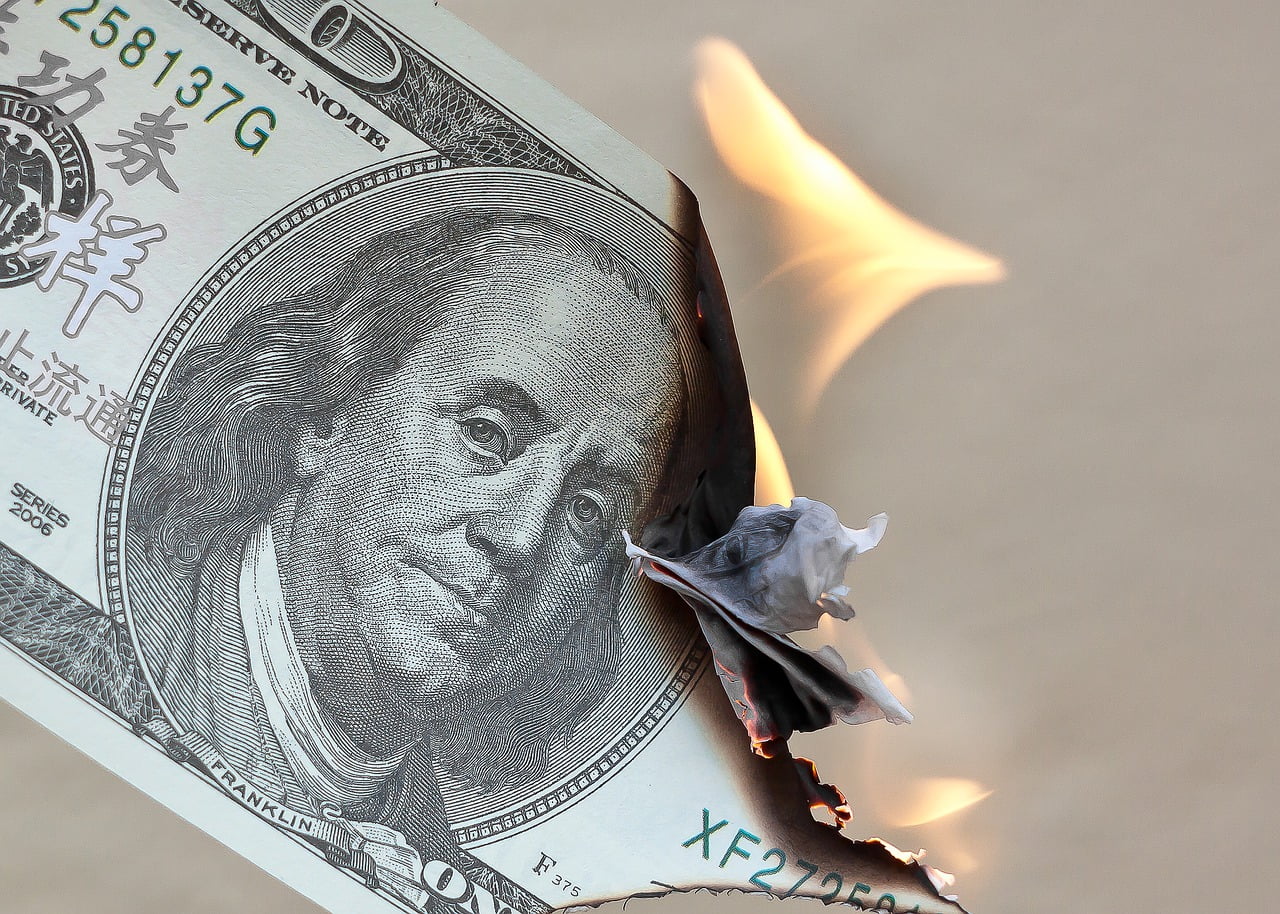In his Daily Market Notes report to investors, while commenting on higher energy prices, Louis Navellier wrote:
Q4 2021 hedge fund letters, conferences and more
A Memorable Week
This is going to be a memorable week since it is the week that we will remember that inflation spun out of control due to higher energy prices. The best way to get relief from higher energy prices is for worldwide economic growth to decelerate. Fortunately, China’s proportion of global GDP has leveled off somewhat at 15.66% in 2021 and is only forecasted to grow to 16.47% in 2022. China’s abrupt GDP deceleration in the wake of Evergrande debt crisis has already caused the imports of European vehicles to stall.
Fortunately, due to strong U.S. economic growth in the fourth quarter, worldwide GDP did not stall too much. Unfortunately, according to the Atlanta Fed, U.S. economic growth has apparently hit a wall this year, since they are only estimating 0.1% annual first quarter GDP growth, which is a stunning deceleration from 6.9% annual GDP growth in the fourth quarter. There is no doubt that U.S. consumers are now in shock over soaring gasoline prices as well as higher food prices.
It is important to note that crude oil prices typically rise every spring, since demand naturally rises, simply because there are more people in the Northern Hemisphere than the Southern Hemisphere. Obviously, geopolitical tensions are also helping to put upward pressure on crude oil prices. Russia has tried to “sanction proof” its economy since it seized the Crimea Peninsula and is actually being economically rewarded now for assembling troops on the Ukrainian border. I hate to say it, but $100 per barrel crude oil is likely due to soaring seasonal demand in the upcoming months.
Delusional Expectations
The European Central Bank (ECB) said that they were “unanimously concerned” about inflation, but ECB President Christine Lagarde in her press conference said that the Governing Council expects inflation to fall back to its 2% target. In my opinion, Christine Lagarde is delusional. Lagarde and the ECB both cited geopolitical tensions with Russia/Ukraine as one reason that the ECB decided to leave key interest rates unchanged at 0%.
The problem is that market interest rates are now rising in both Europe and the U.S., so clearly market forces are telling central bankers what to do. My favorite economist, Ed Yardeni, on his Monday Zoom call to his clients said that if he was running the Fed, that he would just raise the federal funds rate to 1% and say that “this it for the year.”
Naturally, the real problem that both Europe and the U.S. have is their government debt, (with the exception of Germany) as a percent of GDP, is too large, so central banks really do not want to raise their key interest rates. As an example, in the U.S., the federal government’s total debt now exceeds $30 trillion and the annual interest burden is massive, because it exceeds the Defense Department’s annual budget. In fact, if the federal government taxes all of us at 100%, the federal budget deficit would remain at over $10 trillion, so we cannot tax our way our fiscal mess.
Devaluing Currencies
So the $64,000 question is will continental Europe or the U.S. be forced to devalue their respective currencies due to Modern Monetary Theory (MMT) and seemingly unlimited money printing? My best answer is no. I expect that the ECB and the Fed will merely follow Japan and keep interest rates artificially low relative to inflation. As a result, real estate and stocks are expected to remain an oasis for investors, since they are traditionally great inflation hedges.






